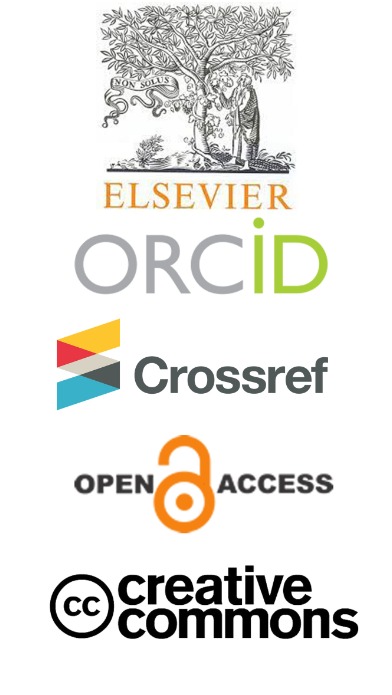Evaluation of Mandatory Training Courses for Police Non-Commissioned Officers Towards an Enhanced Public Safety-Security Driven Training Program
Keywords:
Evaluation, training program, public safety, security, Police Non-Commissioned OfficersAbstract
In line with the National Security Policy (NSP) 2017-2022 of the Republic of the Philippines, the Philippine Public Safety College (PPSC) is responsible for the training and education of public safety officers of Philippine National Police (PNP), Bureau of Fire Protection (BFP) and Bureau of Jail Management and Penology (BJMP) and security leaders, analysts and practitioners. Given the emerging challenges and security threats characterized in a VUCA (volatile, uncertain, complex and ambiguous) environment (Sri et.al, 2018), the PPSC training programs must be responsive and relevant. The objective of the study is to evaluate the content, methodology and challenges of the various training programs such as Public Safety Junior Leadership Course (PSJLC), Public Safety Senior Leadership Course (PSSLC) and Public Safety Officer Candidate Course (PSOCC). The total respondents (n=185) were graduates, students, instructors, regional training directors nationwide and staff, superiors and heads of the non-officer ranks in the police stations. The study utilized validated survey, key informant interview (KII) and focus group discussion (FGD) as the modes of data collection. Analysis of variance (ANOVA) and Bonferroni test were utilized to determine whether the ratings for content, methodology and challenges are significantly different. Based on the results, the rating for challenges (mean = 3.667) was statistically significant (alpha = 0.05) compared to methodology (mean = 4.454) and content (mean = 4.575). Results suggest that there is a need to address the challenges for better delivery of the training programs. Grounded on the data collected from FGD and KII, poor motivation, limited trained public safety-security practitioners, fast turn of events due to technological advancement and limited public safety professionals are the major challenges. Among the ways to improve the programs are the inclusions of scenarios on operational procedures like arrest, search and seizure, supervisory leadership behavior and workshop on local and global studies like cybersecurity, terrorism, transnational crime, radicalization, violent extremism and human trafficking. Consequently, a policy on the adoption of public safety, security driven instruction framework for PSJLC, PSSLC and PSOCC were formulated. Finally, it is recommended that PPSC maintains a comprehensive evaluation mechanism for the trainings and institutionalizes the implementation of the suggested framework as the core of education and training.



